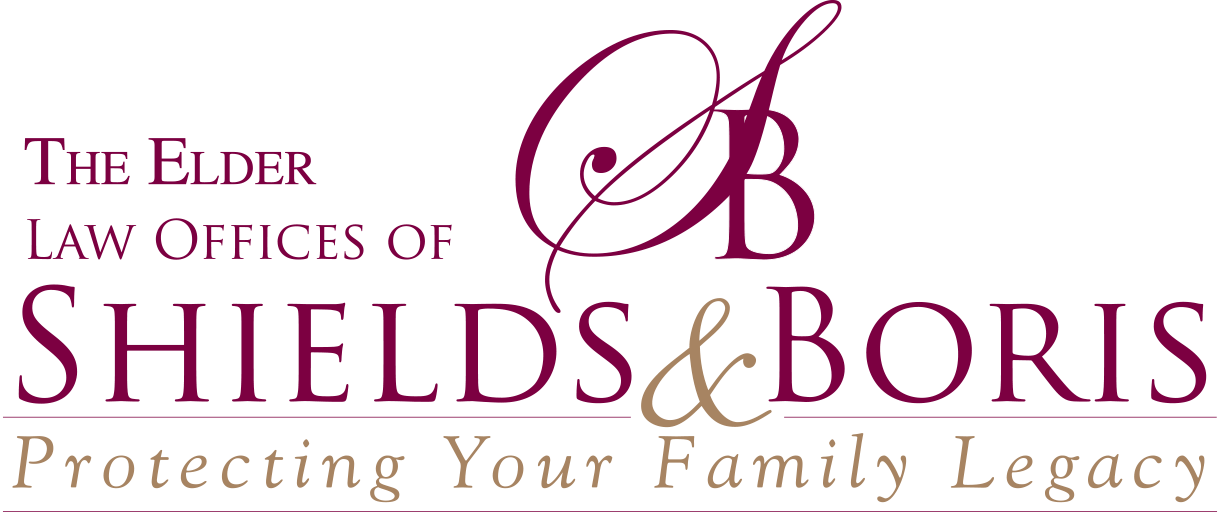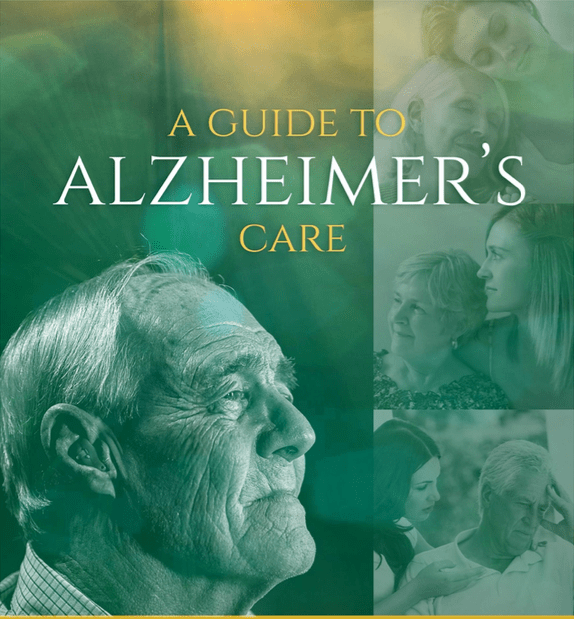Learning the Signs of Dementia
Posted on March 10, 2023 by shieldsandboris
If your spouse, parent, or other loved one is dealing with dementia or if you are worried about it yourself, you are certainly not alone. It is a condition that impacts many people and families around the globe. The World Health Organization (WHO) estimates that there are 55 million people living with a confirmed case of dementia—and ten million new cases are diagnosed each year.
Dementia is challenging. A proactive approach—to care planning to financial planning to life planning—can make an enormous difference. Catching dementia as early as possible helps. Here, our Pennsylvania elder law attorneys explain what dementia is, provide an overview of the warning signs, and discuss how a comprehensive Life Care Plan can protect you and your family.
What is Dementia?
Dementia is a broad term used to describe a decline in mental ability that affects a person's daily life. It is a progressive condition that affects memory, thinking, behavior, and emotion. The most common type of dementia is Alzheimer's disease, which accounts for around 60%-80% of all cases. Other types of dementia include vascular dementia, Lewy body dementia, frontotemporal dementia, and mixed dementia. Dementia is far more common in older adults. Indeed, the risk of dementia rises with age. That being said, dementia can also affect younger people.
Dementia is Relatively Common—But Many Cases Go Undiagnosed
Dementia is probably even more prevalent than shown by the official statistics. Why? The research consistently finds that dementia is a systematically underdiagnosed condition. According to a study cited by United Press International (UPI), “91% of people with cognitive impairment consistent with dementia did not have a formal medical diagnosis.” It is a startling and alarming figure that emphasizes the importance of taking a proactive approach to dementia.
Know the Signs: The Earliest Indications of Dementia
Dementia is a progressive condition that affects brain function, memory, and behavior. It is a devastating disease that impacts not just the individual but also their family members and caregivers. Early detection and intervention can help slow down the progression of the disease and improve the quality of life for those affected by it. Here are some of the key signs of dementia:
- Memory Losses (Especially Short-Term): Memory loss is often an early indication of dementia. In fact, it is the sign that is generally associated with dementia in the popular understanding of the medical condition. Although every medical situation is different, short-term memory issues unusually come first. Someone who has dementia may forget recent events, appointments, or conversations. They may also struggle to retain new information, such as names or faces. Short-term memory loss typically comes before long-term memory loss.
- New and Unexpected Language Issues: Language processing is complicated. Language issues—especially related to speaking and writing—are often early signs of cognitive decline, including dementia. People may struggle to find the right words, have difficulty following conversations, or repeat themselves frequently. They may also have trouble understanding written or spoken language.
- Problems With Familiar Tasks: Another indication of early-stage dementia is difficulty with familiar tasks. To be clear, this is a major warning sign that needs to be taken seriously. When someone suddenly has trouble with a cognitive task they used to be able to perform well, it could be a sign that something is wrong. Confusion and Disorientation: Confusion and disorientation are both relatively common occurrences in people with dementia. A person may get lost in familiar places, forget where they are or how they got there, or struggle with basic spatial awareness. They may also have trouble recognizing familiar faces or objects.
- Personality Changes, Particularly Mood Swings: Dementia can also cause personality changes. Among other things, the cognitive condition is associated with irritability, moodiness, and sudden changes in behavior or emotions. It is not uncommon for a person who is suffering from the early stages of dementia to become socially withdrawn.
- Struggles With Activities of Daily Living (ADLs): A person who is developing dementia may struggle with activities of daily living (ADLs). The National Institutes of Health (NIH) explains that ADLs include the common day-to-day self-care tasks of our lives, including things like bathing, dressing, and cooking.
Of course, dementia is a complex and personalized diagnosis. Whether or not someone has the early stages of dementia should be assessed by a qualified doctor. Only with a professional and reliable diagnosis can an appropriate care plan be put into place.
How a Comprehensive Life Care Plan Can Protect You and Your Family
Whether it is Alzheimer's Disease or a more generic form of dementia, it is an incredibly challenging medical condition for people and their loved ones to deal with. A Life Care Plan is a comprehensive, practical, and elder-centered approach to elder law and estate planning that can help to ensure that vulnerable people have the tools, resources, and structure in place to protect them—no matter what tomorrow might bring. Some of the most notable advantages of a Life Care Plan include the following:
- A focus on ensuring that the right medical care and treatment plan is in place;
- Well-structured asset protection strategies designed to preserve wealth;
- Consideration for crisis care planning to handle emergency situations; and
- All of the legal and financial documents are necessary to protect a person with dementia.
We have unique experience and expertise in Life Care Planning for vulnerable adults. As a founding member of the National Alliance of Attorneys for Alzheimer’s Planning, we specialize in Alzheimer’s Planning and dementia care planning. Our team provides people and families with a wide range of unique services designed to ensure that they have the best possible structure in place.
Get Help From Pennsylvania Elder Law and Estate Planning Lawyers Today
At The Elder Law Offices of Shields & Boris, our Pittsburgh elder law attorneys have extensive experience helping people and families dealing with dementia put a comprehensive and effective Life Care Plan in place. Call us at 724-302-3718 or contact us online to set up a strictly confidential consultation. With offices in Wexford, Bridgeville, and Beaver, we provide elder law and estate planning services throughout the entirety of the Greater Pittsburgh area.




